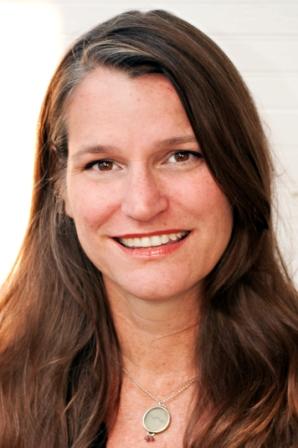 🖨️ Print post
🖨️ Print post
What can we do to help those in food deserts? How can we address food insecurity and inequality? Pam Hess, the Executive director of Arcadia Center for Sustainable Food and Agriculture, discusses what we can do as individuals and organizations to make whole, real foods available in cities and rural areas where choices are limited.
She discusses the mission of Arcadia: growing food and farmers, creating demand, and making fresh food accessible to low-income families. Their mobile market service brings fruits, vegetables, eggs, and grass-fed meats to under-served communities. By accepting food stamps and providing vouchers, Arcadia gives people the opportunity to nourish themselves well for improved health and a more positive future. Their model is holistic and replicable. You will be inspired to help reduce barriers to healthy food and to work for food justice.
This episode highlights:
- How Arcadia is addressing inequities in the food system
- The shortage of high quality food… and farmers to grow it
- The role of farm field trips and educating children about where their food comes from
- The myth that food deserts are always located in urban areas
- Why Arcadia is a not-for-profit endeavor
- Arcadia’s disproportionate impact on low-income consumers
- The connection between quality food and public health (physical, mental, and spiritual)
- What we can do to help reduce barriers to healthy food
Resources:
Arcadia Center for Sustainable food and agriculture – arcadiafood.org
🖨️ Print post

Leave a Reply